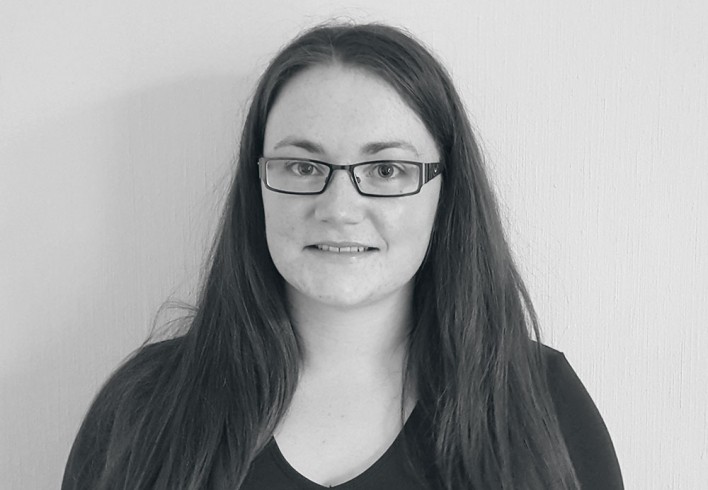Advice
An Interview with Sinéad Russell
By: Sarah Walsh
Updated: 24 March 2016

This month, we’ll be talking to psychotherapist Sinéad Russell, who uses an integrative and person-centred approach.
What do you do at MyMind?
I am a psychotherapist at MyMind. I use an integrative approach. The reason I use this approach is that not every client is the same. Different approaches work for different people – sometimes people decide how they want to approach things, as they know what works for them from previous experiences. The integrative approach is more fluid than other approaches and can be tailored for the individual.
Do you tend to change the approach to suit the individual as time goes on?
Yes. I generally tend to start off person-centred. This means showing respect towards the client, being genuine, showing empathy and helping the client to become comfortable all in order to build a good relationship with them. After this, I usually take on a psychodynamic approach. This is an in-depth approach that focuses on the past and how it affects the future. This is unlike Cognitive Behavioural Therapy, which tends to focus on the present.
Do you believe that focusing on the past or present is more important in helping people to deal with issues?
I believe that the past and the present are equally important. Obviously, things in your past will affect your future. Choices you’ve made in the past will shape your life. In the present, how your mind set is and how your thought processes work are equally important as well.
Do you find the person-centred approach makes it difficult to keep a professional distance?
No, I don’t find it more difficult. I have my own experiences with mental health issues, so hearing other people discuss their issues doesn’t shock me. I can leave it at the door.
Do you think that integrative approaches are the way forward?
Yes. The client-therapist relationship is definitely the most important thing. I believe that using one approach can make it difficult to branch out into different issues. One approach isn’t necessarily better than the others, as has been shown by extensive research, but I think that the integrative approach is the way forward.
NEXT ARTICLE
Psychodynamic Therapy (PDT)
Search
Get The Support You Need
From One Of Our Counselors
News
Isolation
Anxiety
Depression
Relationship Issues
Counselling
Personality Disorder
Addiction
Trauma
Children and Adolescent
Anger
Bereavement
Chronic Illness
Communication Issues
Eating Disorder
Post natal depression
Stress
LGBTQI+
Panic Attack
OCD
Resilience
Parental support
Men's Mental Health
Category List
All Posts
News
Isolation
Anxiety
Depression
Relationship Issues
Counselling
Personality Disorder
Addiction
Trauma
Children and Adolescent
Anger
Bereavement
Chronic Illness
Communication Issues
Eating Disorder
Post natal depression
Stress
LGBTQI+
Panic Attack
OCD
Resilience
Parental support
Men's Mental Health

